Viagra gibt es mittlerweile nicht nur als Original, sondern auch in Form von Generika. Diese enthalten denselben Wirkstoff Sildenafil. Patienten suchen deshalb nach viagra generika schweiz, um ein günstigeres Präparat zu finden. Unterschiede bestehen oft nur in Verpackung und Preis.
Untitled
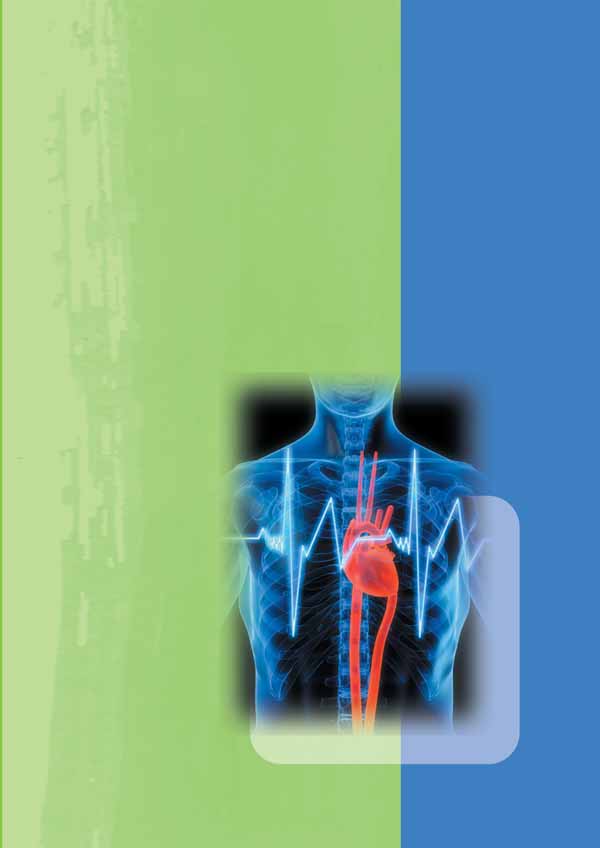
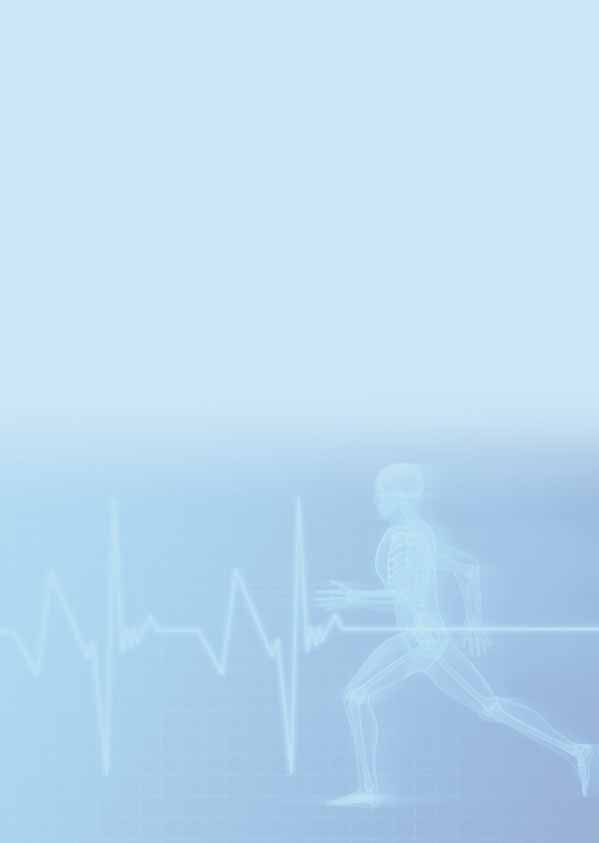
Dear patient and family,You have been hospitalized in the Cardiac IntensiveCare Unit for treatment of your illness.
Inside this brochure, you will find vital informationregarding your stay in the hospital.
The length of stay in this unit is several days. When yourcondition improves, you will be transferred to the IntermediateCare Unit, or to one of the hospital's internal medicinedepartments, for continued recovery and instruction.
The physician and nursing staff of the Cardiac Intensive CareUnit and the Intermediate Care Unit is professional andexperienced. Advanced equipment assists them to monitoryour heart activity and general condition around the clock.
Additional professionals - a dietician, physiotherapist, and
social worker are at your service to give advice and instruction.
Should you require assistance from one of them, please
contact the staff.
We ask that you provide the doctor and nurses with yourmedical history. This information is imperative for the recoveryprocess. Previous medical summaries, ECG reports, and resultsof other tests you have had are of great assistance to them.
During your hospital stay, you will undergo a series of teststhat will help the medical staff to assess your medical conditionmore exactly. It is important that you report any pain ordiscomfort to the nurse.
There is a bell hanging above your bed, which you can useto call the nurse at any time.
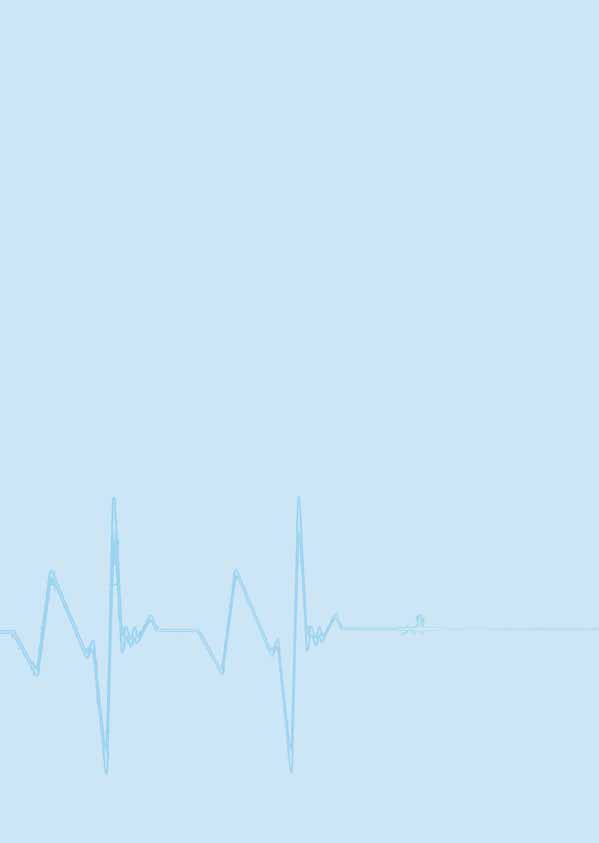
Information on Patient's Condition
Upon hospitalization in the unit, members of the patient'simmediate family will be updated regarding the patient'scondition, and the nursing staff will provide information abouthospitalization procedures.
Following every series of tests, or after a significant changein the patient's condition, the department physician will giveinformation to the family.
We invite you to contact the staff with any questions youmay have.
Physicians: The unit physician will be available to give
updated information to family members every day between
1 and 2 pm (after doctors' rounds), in the doctor's room.
Nurses: at all times.
Social worker, dietician, physiotherapist: can be contacted
through the nurse supervisor.
It is against the law to give out any medical information by
telephone.
Rest and calm are a very important part of the recoveryprocess. You can assist the medical staff in maintaining thiscrucial need. Your cooperation will assist the staff in treatmentof your loved one during hospitalization in the CardiacIntensive Care Unit. Please avoid visits except by the mostimmediate family members, and for a limited time only.
Entrance to family members will be allowed only during thevisiting hours listed on the door to the department!Outside the official visiting hours, only nursing staff memberswill be allowed to remain inside the unit with the patient,based on the patient's condition.
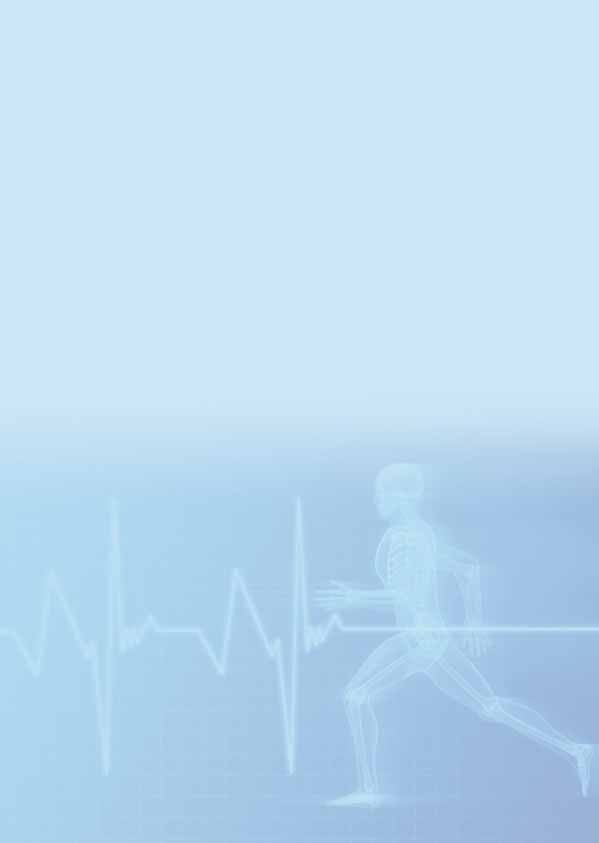
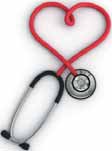
Monitor: After arrival at the unit, you will be connected to
a cardiac monitor, whose function is to enable constant
observation of your heart's activity. You can view the heart
activity as it is recorded on the monitor screen above your
bed, and on the monitors at the nurses' station, as well as
other stations around the unit.
Oxygen: Eases breathing and improves the oxygenation
of tissues. You may receive oxygen through an oxygen
mask or nasal cannula (NC), as needed.
Blood pressure: An important measure of cardiac activity,
measured several times a day for regulation.
ECG (electrocardiogram): A graphic record of the heart's
electrical activity, vital for diagnosis, treatment, and
supervision of your illness.
Intravenous infusion (IV): Used to administer fluids and
medications. Should you notice pain, swelling, dripping,
or any other unusual occurrence, please contact the
nurse.
Blood tests: Repeated blood tests will be taken during
hospitalization. This is in order to determine diagnosis and
treatment.
Echocardiogram: This test provides a view of the heart
muscles and valves in action. The test is done using an
ultrasound machine, which sends ultrasonic waves from
a transducer placed on the chest. This is a routine, non-
invasive exam, which serves as an important tool for
determining the diagnosis and continuation of treatment.
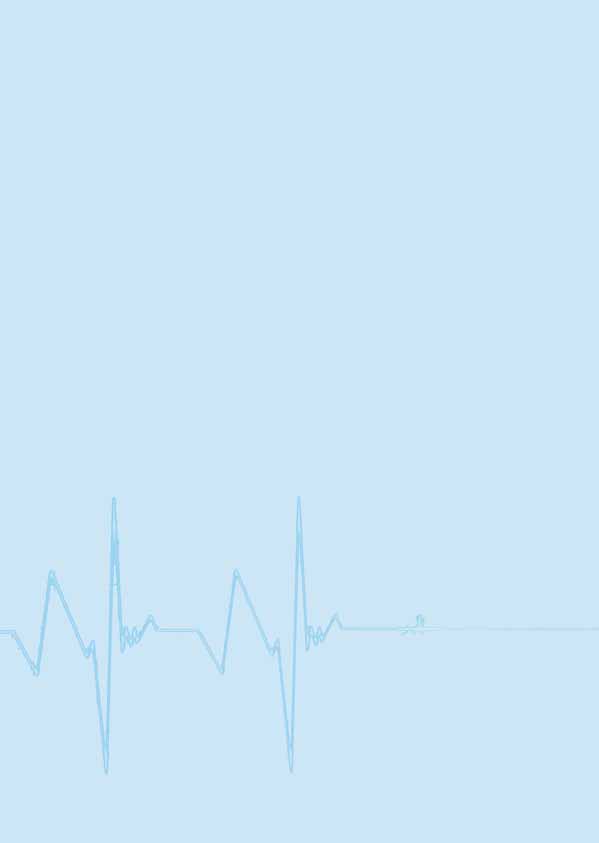
Coronary angiography: In certain cases, a coronary
angiography will be necessary. This is an invasive
procedure. Its purpose is to reveal narrowed areas or
blockages in the coronary arteries (that supply the heart),
to determine their exact location, and to obtain additional
measures of heart and valve function. The physician uses
the angiography results in order to decide on the
appropriate method of treatment for you. The department
has a detailed brochure about angiography. Please ask
the nurse for a copy.
Staying in bed: The physician will decide whether you are
permitted to get out of bed. The decision to limit your
movement is in order to prevent stress on cardiac activity.
Getting out of bed is allowed only with the permission of
the doctor and nurse, and will be done gradually. The
nursing staff will aid you with the daily activities of eating,
bathing, shaving, and eliminating. Most patients receive
blood-thinning medications, and shaving with a razor
blade may cause bleeding. Therefore we highly
recommend that you use an electric shaver from now
on.
Telemetry: When you are able to move around the
department without restriction, we will connect you to a
portable monitor. This device is small and can be easily
carried. Antennas located throughout the department
enable monitoring of your heart activity while you are in
motion.
Every test or intervention requires your consent, after thegoal of the test has been explained to you. For sometests, you will be asked to sign a consent form.
If you are interested in obtaining medical informationfrom your file, you may contact the department secretaryfor assistance.
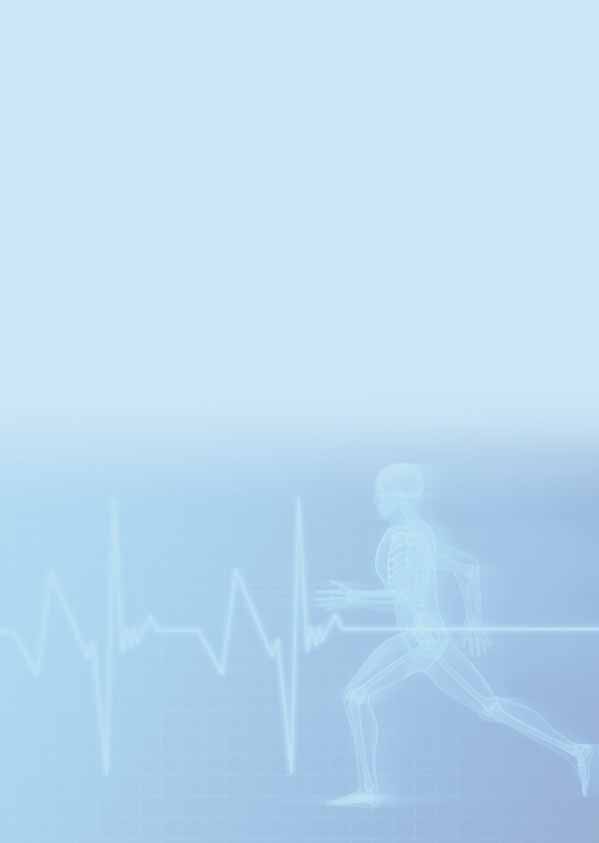
Drink and Elimination Records
The balance of liquids is of vital importance in your treatment.
Records are kept of the liquids the patient drinks throughoutthe day and of the liquids the patient eliminates. Therefore,we ask the family members not to empty bedpans or bottles.
The food given to the patient in the Cardiac Intensive CareUnit and Intermediate Care Unit is low-salt, low-fat, easy todigest, and given in small quantities. You may bring in foodfrom outside - non-carbonated and non-caffeinated drinks,such as mineral water and natural juices; yogurts; and fruit.
For each additional request, please consult the dietician ornurse on duty. For kashrut reasons, we ask that you refrainfrom bringing cooked food into the hospital.
Suggested Items to Bring for the Patient
Toiletries: soap, comb, hairbrush, toothbrush, toothpaste,
shaving kit (an electric shaver is preferable)
Slippers
Bottle for drinking
Reading material
Transfer to Another Hospital
If the physician decides that you need to transfer to anotherhospital for treatment we cannot provide here at Laniado,the department staff will assist you in organizing the transfer.
Our hospital will provide you with an ambulance and medicalescort.
The hospital you transfer to will be decided by the healthfund to which you belong.
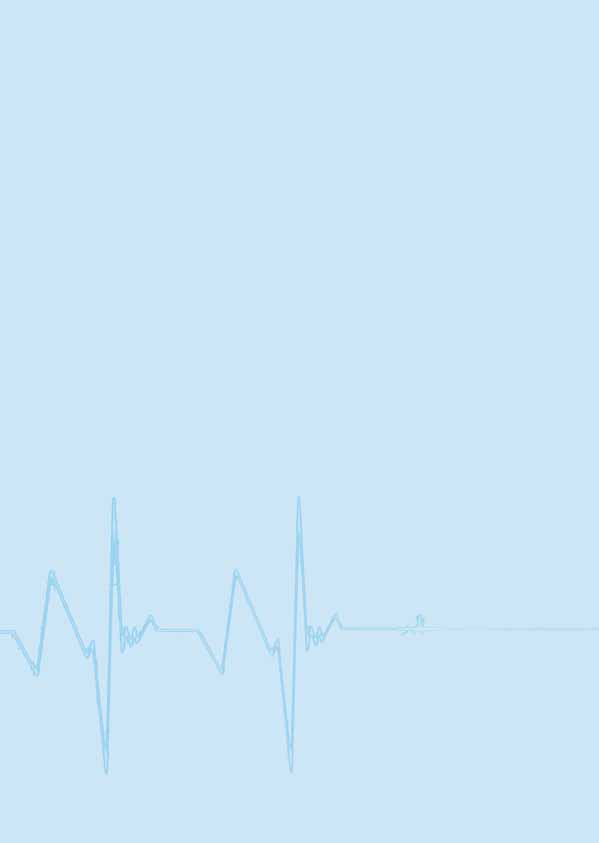
Recovery and Rehabilitation
For some patients, according to diagnosis, we recommendthat after hospitalization, they remain for several days in therecovery unit, for recovery and early rehabilitation. Again,your health fund decides the conditions and location ofrehabilitation. Please contact the nurse for details aboutyour rehabilitation.
Daily Schedule in our Department
5:30 am - 7:00 am
Wakeup, measuring vital signs, medications
8:00 am - 8:30 am
9:00 am - 12: 00 pm Physicians' visits12:00 pm
12:00 pm - 12:30 pm Lunch12:00 pm - 4:00 pm
Measuring vital signs
6:00 pm - 7:00 pm
Measuring vital signs
9:30 pm - 10:00 pm
12:00 pm - 2:00 pm4:00 pm - 8:00 pm
The Heart Institute wishes you a
speedy recovery.
The Heart Institute Director: Dr. Ron Lior
Head Nurse: Mrs.Vered Nachlieli
Social Worker: Ms. Revital Morovits
Medical Secretary: Mrs. Shlomit Deutch
We are pleased to assist you.
web: www.laniado.org.il
This brochure was written by the staff
of the Heart Institute at Laniado Hospital.
Source: http://laniado.org.il/en/images/stories/PDF/lev.pdf
Influenza Update for Iowa Long-Term Care Facilities Iowa Department of Public Health Center for Acute Disease Epidemiology Webinar Information All participants will be muted during the presentation. Questions can be submitted directly to the facilitator via the question feature located on your control panel
Bioorganic & Medicinal Chemistry 14 (2006) 7011–7022 Drug Guru: A computer software program for drug design using medicinal chemistry rules Kent D. Stewart,a,* Melisa Shirodaa and Craig A. Jamesb aAbbott Laboratories, Global Pharmaceuticals Research and Development, Abbott Park, IL 60064, USA bMoonview Consulting, LLC, San Diego, CA, USA Received 27 April 2006; revised 6 June 2006; accepted 8 June 2006











